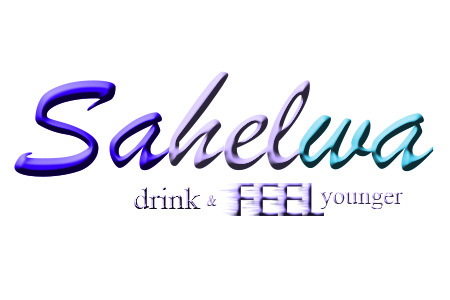Beautiful Plants For Your Interior

Energy drinks have become one of the fastest-growing beverages worldwide. Promoted as boosters of focus, productivity, and stamina, these brightly packaged cans often promise more than they deliver. Behind the hype lies a growing body of scientific evidence urging consumers to pause, evaluate, and make more informed choices.
Today, we dive deep into what researchers are warning about—and why this matters more than ever.
The Surge of Energy Drinks: A Growing Concern
In today’s high-pressure world, many people turn to energy drinks for instant strength, sharper focus, and extended endurance. Students use them to stay awake through long nights. Professionals rely on them during intense deadlines. Athletes consume them for quick stimulation before training.
But scientists are raising an alarming question: At what cost?
Every sip delivers a powerful blend of caffeine, sugars, artificial stimulants, and additives that put the body on high alert. And while the rush feels empowering, researchers caution that the long-term impact is far from harmless.
What Scientists Are Saying: The Evidence You Should Not Ignore
1. Energy Drinks Overwork Your Heart
Clinical studies consistently show that energy drinks increase heart rate and blood pressure. High caffeine levels combined with stimulants like taurine can strain the cardiovascular system far more than coffee ever could.
Researchers have linked frequent energy drink consumption to heart palpitations, irregular rhythms, and increased risk of cardiac complications.
2. The Sugar Content Is Alarmingly High
Many energy drinks contain sugar levels comparable to or higher than soda. This leads to rapid spikes and crashes in blood glucose, contributing to fatigue, weight gain, and long-term metabolic issues. Scientists warn that excessive sugar intake is directly tied to diabetes, inflammation, and compromised immunity.
3. Cognitive Effects Are Misleading
Energy drinks are marketed as mental enhancers, but studies show that while they temporarily boost alertness, they also increase anxiety, jitteriness, and difficulty concentrating once the effects wear off.
Researchers highlight the “illusion of productivity”—a short-lived surge that is often followed by mental fog.
4. Sleep Disruption Is a Silent Saboteur
Even one energy drink can delay your body’s ability to fall asleep by several hours. For young adults and teens, scientists say this disrupts hormonal cycles, lowers academic performance, and interferes with memory formation.
5. Long-Term Habit Can Lead to Dependency
Regular consumption can create a reliance cycle: fatigue → energy drink → temporary boost → crash → another drink.
Researchers warn that this loop leads to chronic exhaustion and weakened natural energy regulation.
Why This Matters Now More Than Ever
We live in a world of pressure, speed, deadlines, and demands. Energy drinks promise shortcuts, but science makes one thing very clear: there is no shortcut that does not come with consequences.
The more we depend on artificial energy, the more disconnected we become from real, sustainable well-being. The body pays the price quietly—and sometimes suddenly.
This is the moment to pause and reevaluate your daily choices.
This is your opportunity to protect your heart, your mind, and your future health.
This is the wake-up call many people avoid—until it’s too late.
What You Can Do Today
You have more power than you think. Instead of relying on synthetic stimulants:
- Choose natural hydration
- Improve sleep quality
- Consider healthier caffeine sources
- Build energy through nutrition and movement
Your energy should not come from a can. It should come from a body that is supported, nourished, and respected.
